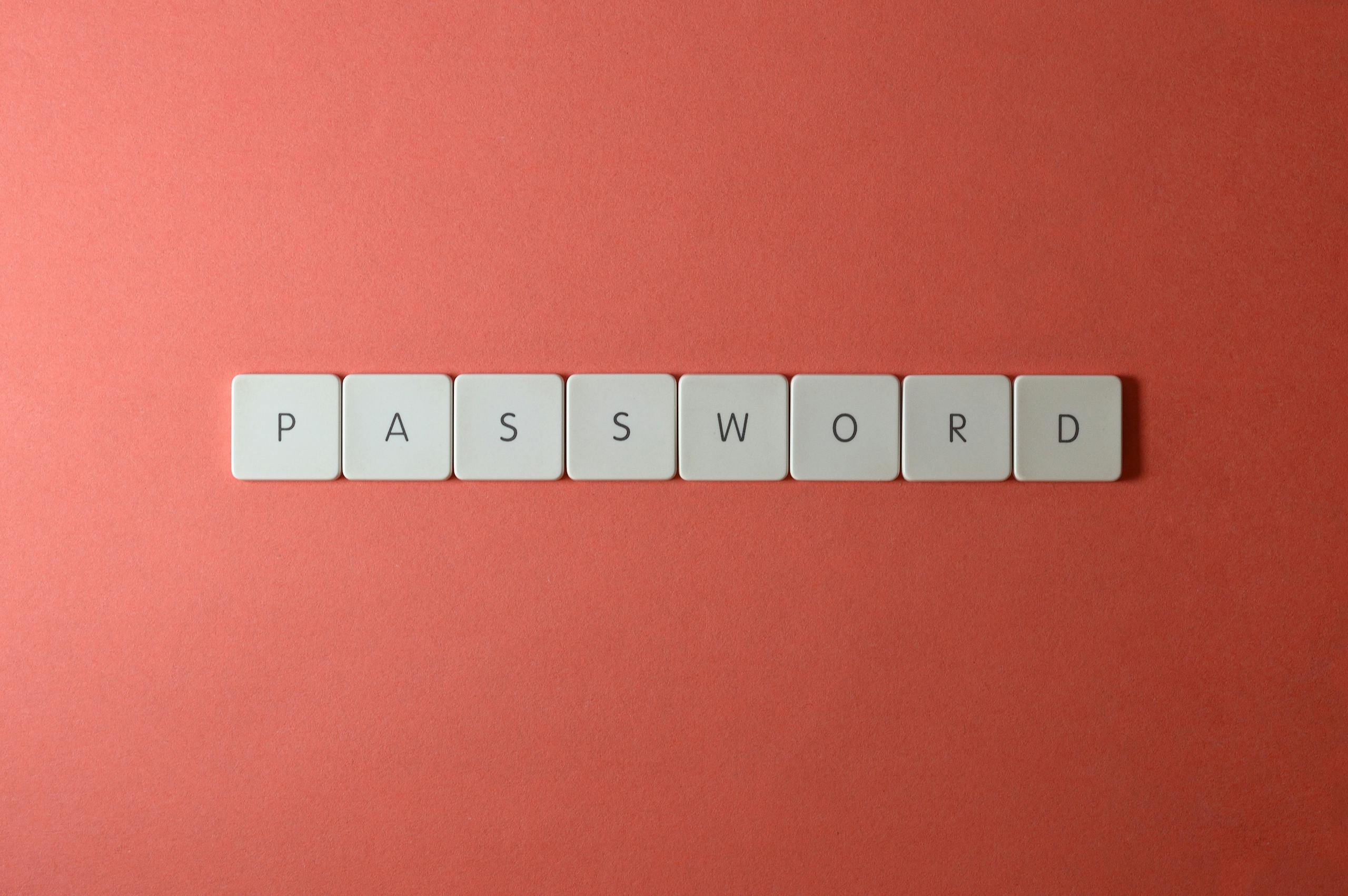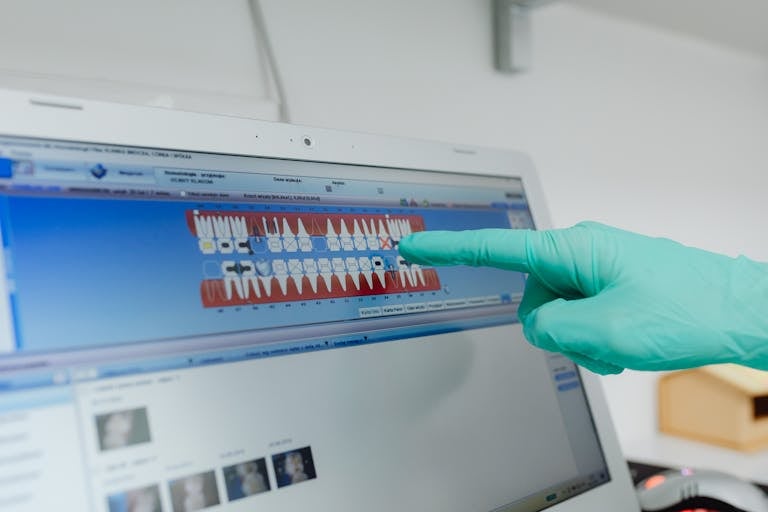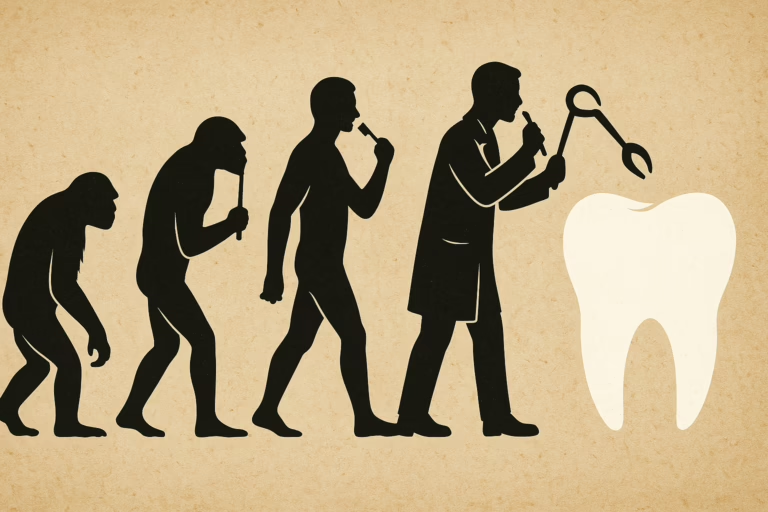The Critical Role of Password Security in Dental Practices
Safeguarding Patient Data and Business Integrity
In an era where digital transformation is revolutionizing the dental industry, the security of patient data and practice information has never been more crucial. At the heart of this security lies a seemingly simple yet profoundly important element: passwords. The strength and management of passwords can make the difference between a secure practice and one vulnerable to devastating data breaches.

The Prevalence of Password-Related Security Breaches
Recent studies have shown that a staggering number of security breaches are the direct result of weak or compromised passwords. According to a 2019 Verizon Data Breach Investigations Report, 80% of hacking-related breaches involved compromised or weak credentials. In the healthcare sector, including dental practices, the consequences of such breaches can be particularly severe, involving not only financial losses but also violations of patient privacy and potential regulatory penalties.
The Unique Challenges in Dental Practices
Dental practices face unique challenges when it comes to password security:
- Multiple Users: From dentists to hygienists to administrative staff, numerous individuals need access to various systems.
- Diverse Systems: Modern dental practices use multiple software systems, each requiring separate login credentials.
- Sensitive Data: Dental records contain highly sensitive personal and medical information, making them attractive targets for cybercriminals.
- Regulatory Compliance: Practices must adhere to strict regulations like HIPAA, which mandate robust data protection measures.
Common Password Pitfalls
Many security breaches occur due to common password mistakes:
- Using weak, easily guessable passwords
- Reusing passwords across multiple accounts
- Sharing passwords among staff members
- Failing to change passwords regularly
- Writing down passwords in easily accessible locations
The Role of Password Management Software
Password management software has emerged as a crucial tool in addressing these challenges. Here’s how it can benefit dental practices:
- Generate Strong, Unique Passwords: These tools can create complex, randomized passwords for each account, significantly reducing the risk of breaches.
- Centralized Management: All passwords can be stored in one secure, encrypted location, eliminating the need for staff to remember multiple complex passwords.
- Access Control: Administrators can easily grant or revoke access to specific systems for individual staff members.
- Automatic Password Updates: Many password managers can automatically update passwords at regular intervals or when potential vulnerabilities are detected.
- Multi-Factor Authentication: Advanced password managers often include multi-factor authentication features, adding an extra layer of security.
- Audit Trails: These tools can keep logs of password access, helping practices maintain compliance with regulations like HIPAA.
- Secure Sharing: When necessary, passwords can be securely shared among authorized team members without compromising security.
Implementing Password Management in Dental Practices
To effectively implement password management in a dental practice:
- Choose a reputable password management solution designed for healthcare environments.
- Provide comprehensive training to all staff members on using the password management system.
- Develop and enforce clear policies on password creation, use, and sharing.
- Regularly review and update access permissions as staff roles change.
- Conduct periodic security audits to ensure compliance and identify potential vulnerabilities.
Conclusion
In the digital age, robust password security is not just an IT issue—it’s a fundamental aspect of patient care and practice management. By recognizing the critical role of password security and leveraging modern password management tools, dental practices can significantly enhance their overall security posture. This not only protects sensitive patient data but also safeguards the practice’s reputation and ensures compliance with regulatory requirements.
As cyber threats continue to evolve, staying ahead in password security is an ongoing process. By making password management a priority, dental practices can create a strong foundation for comprehensive cybersecurity, ensuring they can focus on what matters most: providing excellent patient care in a safe and secure environment.








